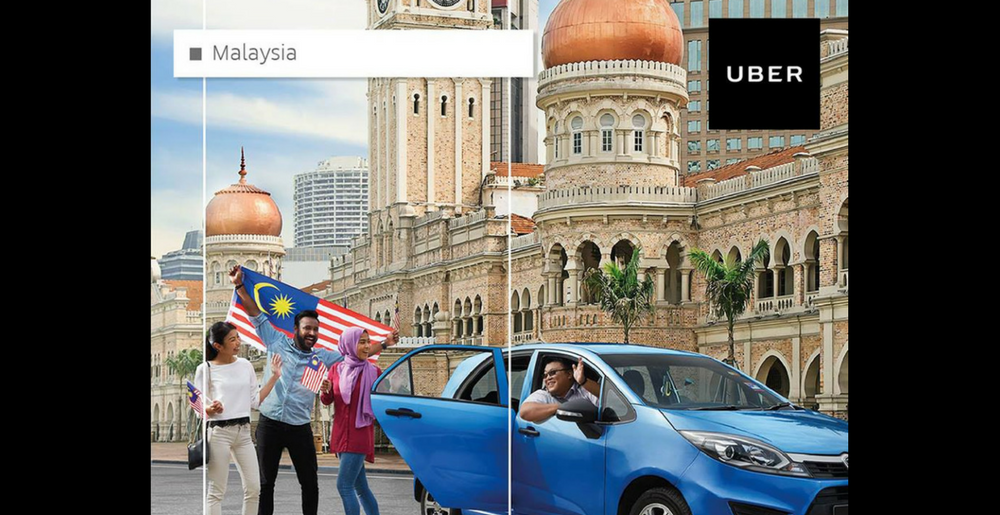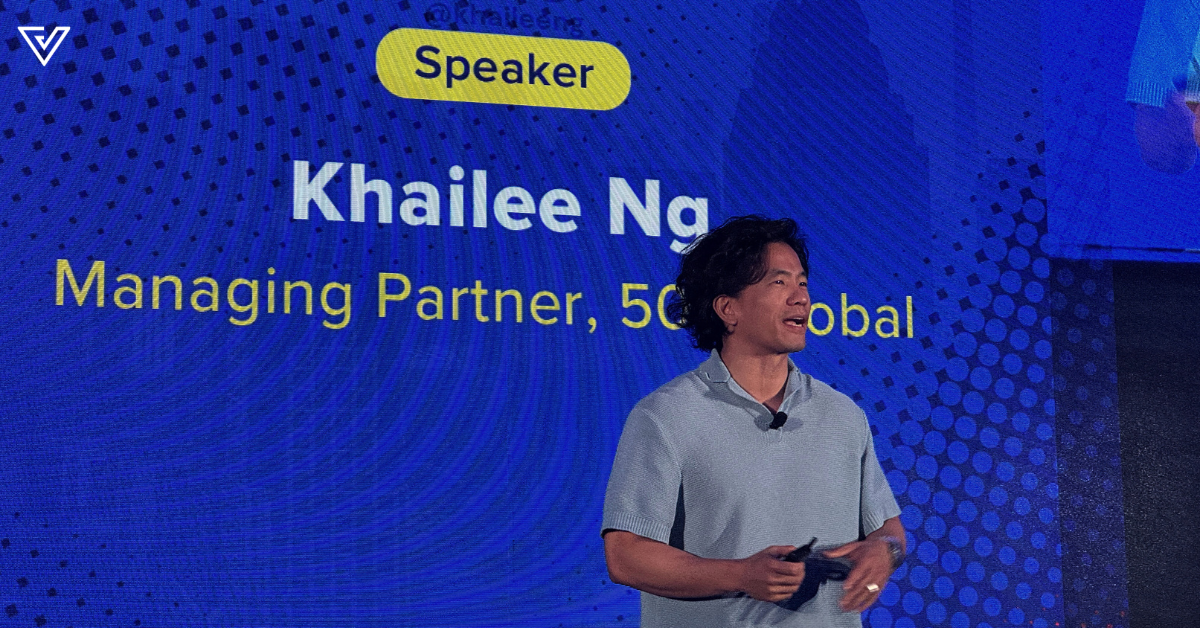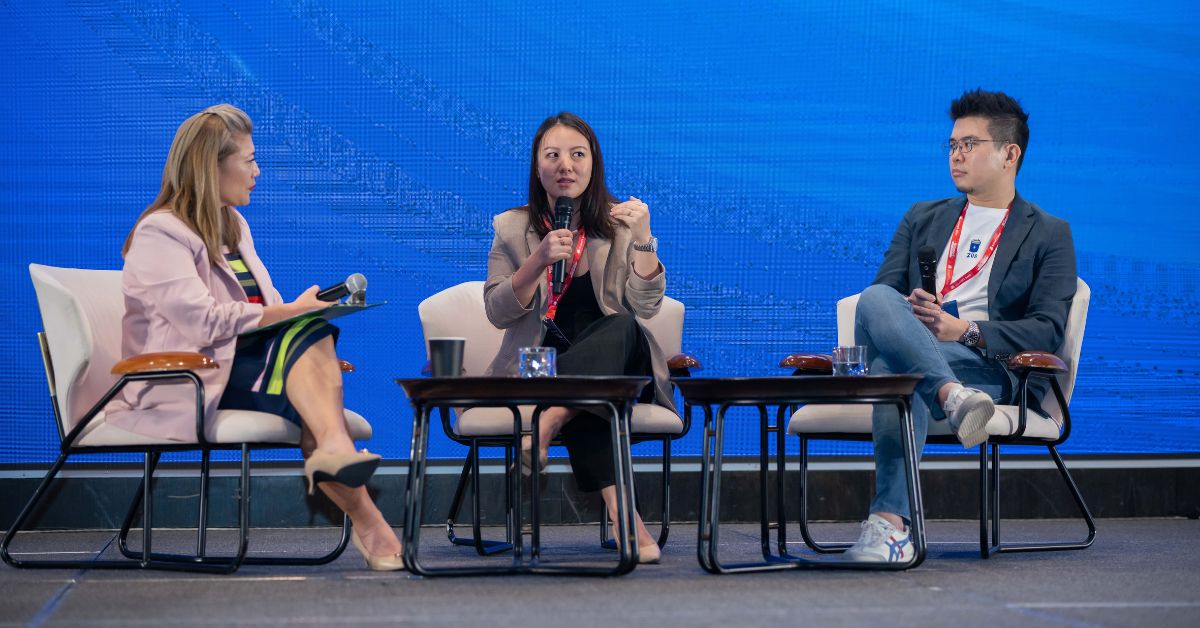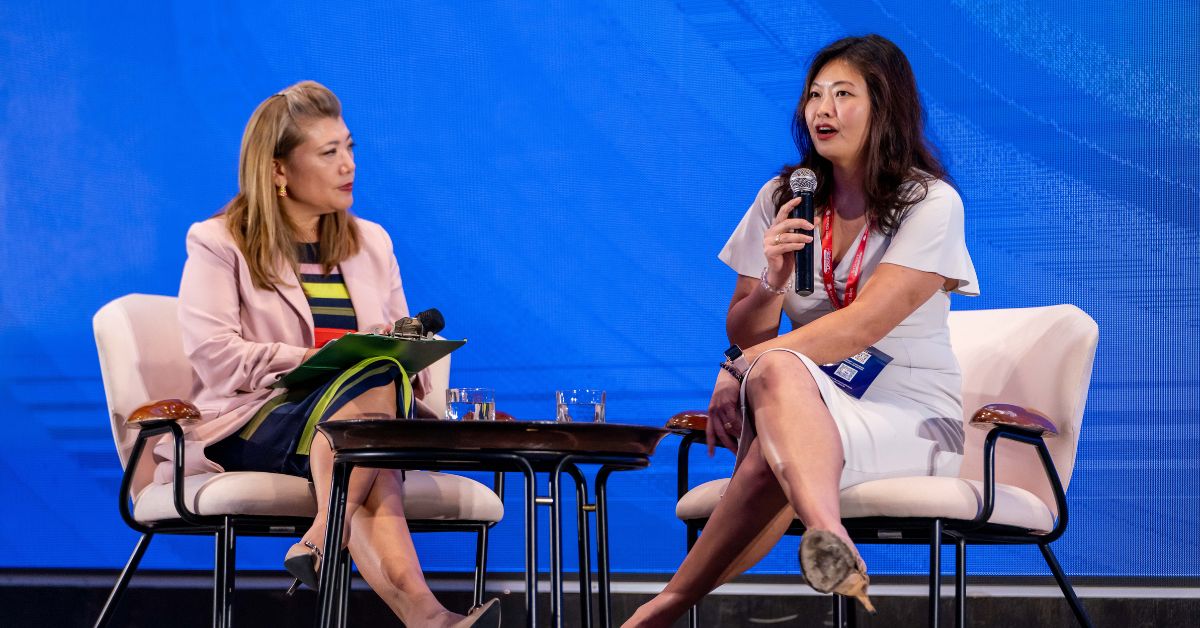Once again, Uber’s made headlines and this time they’re involved in widespread Asia bribery allegations.
Facing a USA federal probe investigating if it broke laws against foreign bribery, Uber started a review of its operations in Asia.
According to the Bloomberg report, Uber’s cooperating with law firm O’Melveny & Myers LLP to examine records of foreign payments and interview employees.
The attorneys mentioned are currently focused on suspicious activity in five named Asian countries: China, India, Indonesia, Malaysia and South Korea.
For Malaysia, the law firm is reviewing financial arrangements made here that may have influenced our local law and policymakers.
With a bit more details, the report highlighted:
“A corporate donation, announced in August 2016, of tens of thousands of dollars to the Malaysian Global Innovation and Creativity Centre (MaGIC), a government-backed entrepreneur hub.”
This was followed by a RM124 million investment into Uber by KWAP, which was KWAP’s first direct investment in a foreign company. Around then, Malaysia also legalised ride-sharing companies.
What the lawyers are trying to determine is if there is any form of quid pro quo, or in more colloquial terms, any “I’ll scratch your back and you scratch mine,” going on.
Here are some of Uber’s past collaborations and interactions with various Malaysian governmental bodies—many of which appear to be the ones now under scrutiny.
1. January 2016: Accusations were levelled against Uber’s operations in Malaysia
Early last year, the Klang Valley Taxi Drivers Action Committee (JKBPTLK) called out the MCMC for aiding Uber’s growth in the country. This was said in relation to one of Khazanah’s investments, then had indirect ties in Uber through an investment in the General Atlantic LLC.
In their article reporting the matter, Farhan of Lowyat stated that, “Malaysian taxi drivers have had their suspicions of government backing behind Uber confirmed.”
2. July 2016: Despite protests by taxi drivers, Uber & Grab becomes legal to operate in Malaysia
In July, the oft-spoken about legalisation of ride-hailing in Malaysia finally happened.
The legalisation happened following some provisions that were made to be able to monitor e-hailing services. These provisions came after the passing of the Land Public Transport (Amendment) Bill 2017 and the Commercial Vehicles Licencing Board Act (Amendment) in the same month.
It was also noted that Malaysia is the first country to legalise ride-sharing services.
Prior to this legalisation, Malaysian ministers and higher-ups already showcased their support for the ride-hailing service. Tan Sri Abdul Wahid Omar, former Minister, ferried passengers as an Uber driver “to understand the rakyat’s heartbeat”.
Tan Sri Abdul Wahid Omar, former Minister in the Prime Minister’s Department, has been ferrying passengers for ride-share service Uber in his first public appearance since his term as senator ended.
A taxi drivers association alleged that Barisan Nasional politicians ignored their welfare and concerns. Nazri Aziz, the tourism and culture minister verbalised his support for Uber and Grab, noting that taxis had “a reputation for cheating tourists”.
3. August 2016: Seven months later, Uber teams up with MaGIC to set up an ideation lab.
There wasn’t much information online about the donation mentioned in the Bloomberg report, but in August of last year, Uber joined forces with MaGIC to form an ideation lab together. This was said to benefit the Southeast Asian entrepreneurial community
Uber and the Malaysian Global Innovation and Creativity Centre (MaGIC) have partnered to launch an ideation lab, a new initiative targeting the Southeast Asian entrepreneurial community.
According to Uber and MaGIC, this lab will aid entrepreneurs refine their business concepts and accelerate their investment readiness.
Update: MaGIC has released a statement of the matter, which we’ve included below.
“We strongly refute our involvement in any quid-pro-quo arrangements. At MaGIC we regularly collaborate with corporates, offering strategic platforms and initiatives to connect them with Malaysia’s leading entrepreneurial talent. As part of our efforts to help build a thriving entrepreneurial ecosystem, these partnerships help inspire young entrepreneurs at the ideation stage, bridging a gap in our ecosystem.”
4. September 2016: Kumpulan Wang Persaraan or KWAP pumped $30 million into Uber
It’s said that they followed in the footsteps of Khazanah in this bold move.
The retirement fund made this investment after stating their intention to diversify their portfolio, folowing Khazanah’s own success in going tech.
The company has clearer ties to the Malaysian government compared to Khazanah, though it it also known to make investments outside of governmental interests.
###
For now, the investigations are ongoing, and the Uber reps aren’t commenting on the situation.
We’ll be following the developing story.
Feature Image Credit: Uber Malaysia









